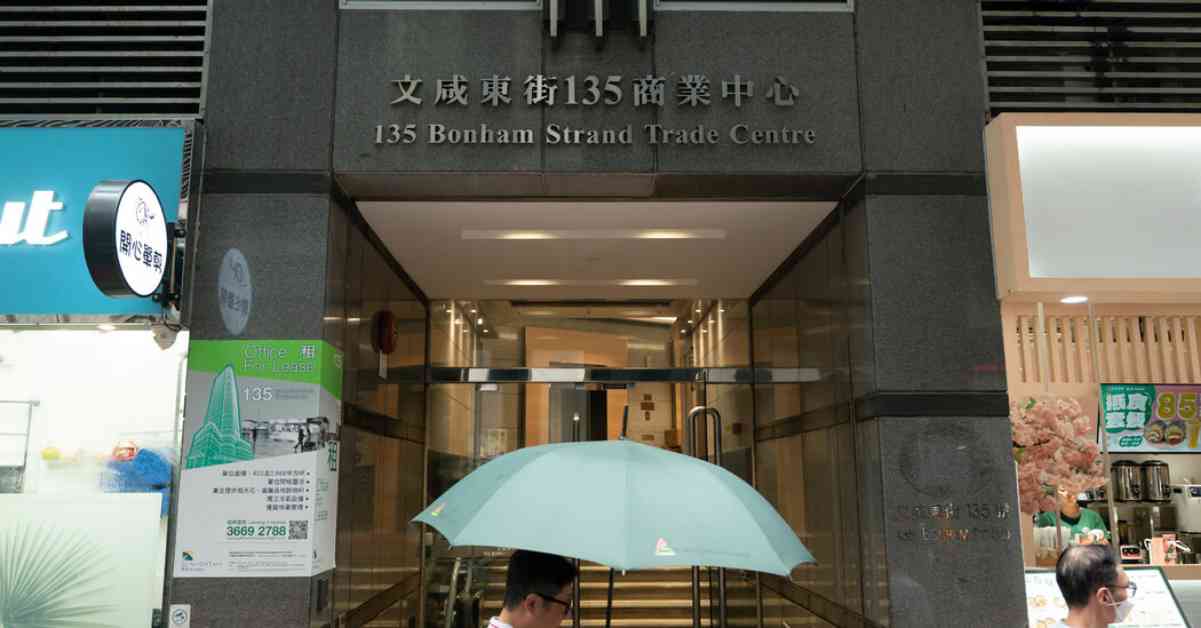The flow of illicit technology to Russia through a Hong Kong address has been exposed by investigative journalists Aaron Krolik and Paul Mozur. Despite sanctions, Russia has managed to acquire nearly $4 billion in restricted chips since the onset of the conflict in Ukraine, with many of these chips being funneled through shell companies based in Hong Kong.
The focal point of this illicit trade operation is an unassuming office located on the seventh floor at 135 Bonham Strand near Hong Kong’s financial district. Within this office, at least four shell companies, such as Olax Finance and Rikkon Holding, have been identified as key players in facilitating the transfer of Western technology to Russia. These companies have been involved in acquiring millions of restricted chips and sensors for Russian military technology firms that have been sanctioned by the U.S. government.
Despite the seemingly deserted appearance of these shell companies, they play a critical role in connecting U.S. research labs to Chinese factories, Russian arms manufacturers, and ultimately, the battlefields of Ukraine. This highlights the challenge faced by the U.S. government and tech giants in controlling the dissemination of their technology to prohibited entities.
Since Russia’s invasion of Ukraine in 2022, the analysis of Russian customs data, corporate records, domain registrations, and sanctions information has revealed that over $4 billion worth of restricted chips have made their way into Russia from various sources, including the companies at 135 Bonham Strand in Hong Kong. This surge in chip imports to Russia underscores the urgent need for tighter controls and oversight in the global supply chain of sensitive technologies.
Prior to the conflict, a couple of companies registered at the same Hong Kong address were already engaged in shipping American chips to Russia. However, post-invasion, a significant increase in exporters operating from this location has been observed, despite trade restrictions. These actions have raised concerns about the efficacy of current regulations in preventing the unauthorized transfer of critical technologies to sanctioned entities.
The investigation conducted by Krolik and Mozur sheds light on the intricate network of actors involved in circumventing restrictions and enabling the flow of restricted technology to Russia. It underscores the challenges faced by regulatory authorities and technology companies in safeguarding sensitive technologies from being exploited for military purposes in conflict zones like Ukraine.
As the investigation continues to unfold, it is imperative for policymakers, tech companies, and international bodies to collaborate more closely to enhance transparency and accountability in the global trade of restricted technologies. Only through concerted efforts and robust regulatory frameworks can the illicit flow of technology to sanctioned entities be effectively curtailed, preventing further escalation of conflicts and safeguarding global security.



